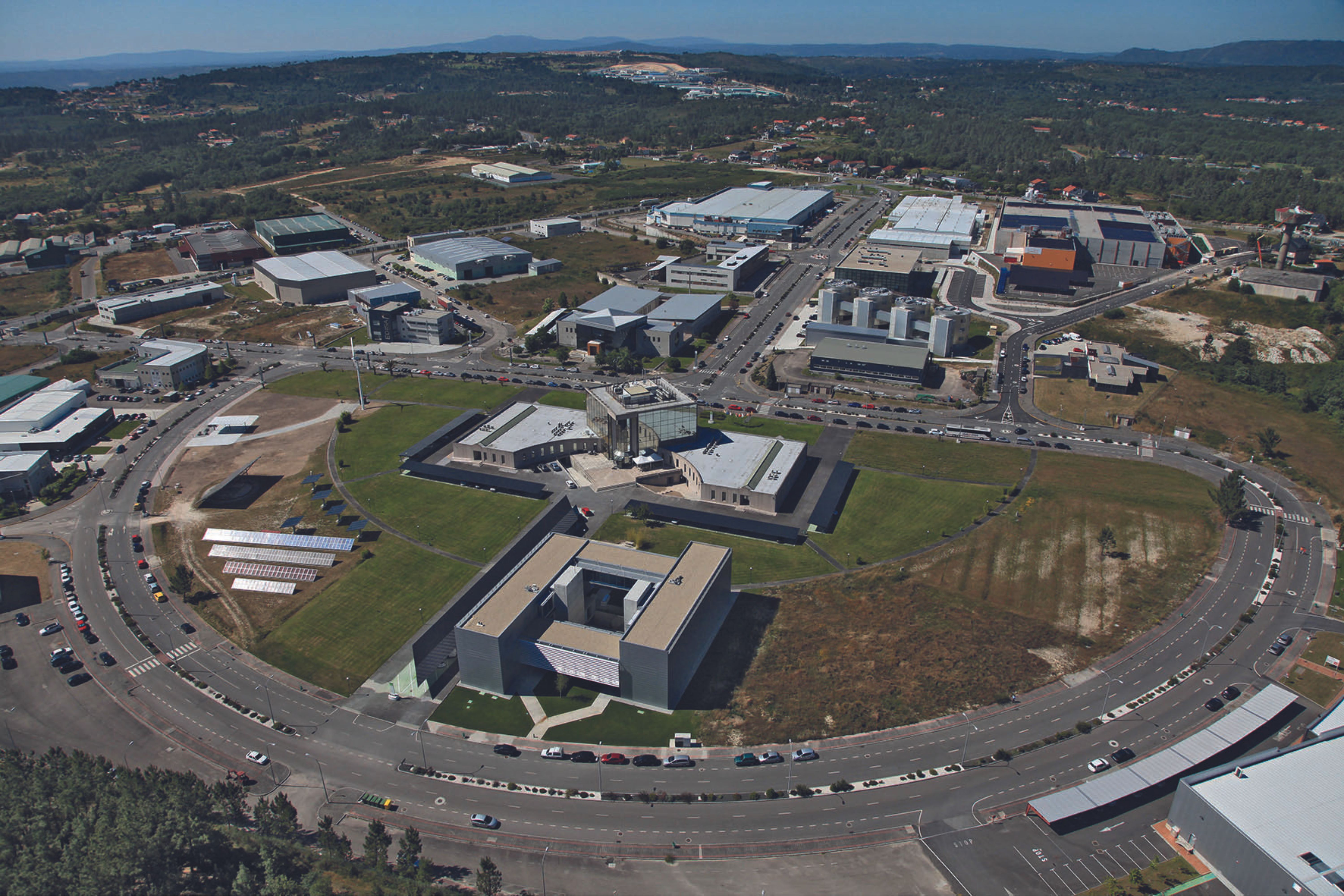
Latest information

Tecnópole, 30 years leading technological innovation in Galicia
The official inauguration of the Parque Tecnológico de Galicia (Tecnópole) in San Cibrao das Viñas took place on 10 October 1992. Its activity began in March 1993 thanks to encouragement from the Xunta de Galicia and the support, among others, of the three Galician universities, the Diputación de Ourense and the city councils of Ourense and San Cibrao das Viñas. The commitment to create a technology park in Ourense was new and different at the time. Back then, there were only 9 similar projects in Spain, while today there are more than 60.
Today, three decades later, the Park is home to more than a hundred companies, most of which are technology-based and highly innovative, employing a total of 1,500 professionals.
The park has a surface area of 594,000 m2, of which 2,000 m2 are for business incubation, and its facilities include a biotechnology laboratory, a renewable energy experimentation centre, an experimental surgery centre with an advanced operating theatre system, a coworking facility and a heliport.
Around 30% of Tecnópole's activity revolves around information and communication technologies (ICT) and the rest is diversified in various sectors, with an emerging trend towards specialisation in two well-defined areas: biotechnology and renewable energies.
Egatel (integrated in COMSA Corporación), a reference group in the infrastructures and engineering sector worldwide, or the Galician agri-food cooperative Coren, were some of the first companies that were installed in Tecnópole and that still remain today.
Other companies belonging to major business groups include Coasa (Aernnova), a leading company in the design and manufacture of aerostructures, and ACS Ibérica (CIE Automotive group), a global supplier of components and sub-assemblies for the automotive market. Likewise, there are also important national firms such as Roberto Verino in the textile sector.
In addition, 5 technology centres are located in the park's infrastructures: the Meat Technology Centre, the Galician Centre for Innovation and Technological Services for Wood (CIS-Madera), the Centre for Research, Transfer and Innovation (CITI), Coren CTI and the Official Galician Metrology Laboratory.
Sustainability and internationalisation
For the immediate future of Tecnópole, different projects are underway that are committed to digitalisation, sustainability and internationalisation.
On the one hand, there is the creation of the Cybersecurity Centre of Galicia, which could be fully implemented by 2025. On the other hand, the first business energy community in Galicia, which is expected to take effect in 2023 and which will allow the park to be self-sufficient, with an installed capacity of 2 MW.
Furthermore, Tecnópole is currently focused on the development of the programme Galicia Avanza, an accelerator for the internationalisation of companies in collaboration with the Xunta de Galicia. In this initiative, 60 innovative and/or technology-based SMEs from the whole Community participate, which, due to their development and evolution, can see how their business initiatives acquire a more global scope. In the first stage, work is being carried out with 30 companies, which will complete their international roadmap in February, and will then start with another 30 companies in the second stage of the programme.
A commitment to promoting scientific
One of Tecnópole's main contributions throughout its history is the promotion of quality scientific knowledge, in which proposals as relevant as Galiciencia deserve special mention: the biggest scientific fair held in Galicia since 2006. Its main objective is to bring science closer to society, to arouse scientific interest, especially among Primary, Secondary and Baccalaureate students.
Also worthy of note is the recently created Aula Newton Galicia, a science, technology, engineering and mathematics learning classroom aimed at promoting scientific and technological careers among young people using a totally practical and highly innovative approach. It is an initiative promoted by Boeing, the non-profit organisation FIRST Scandinavia, the Xunta de Galicia and Tecnópole.